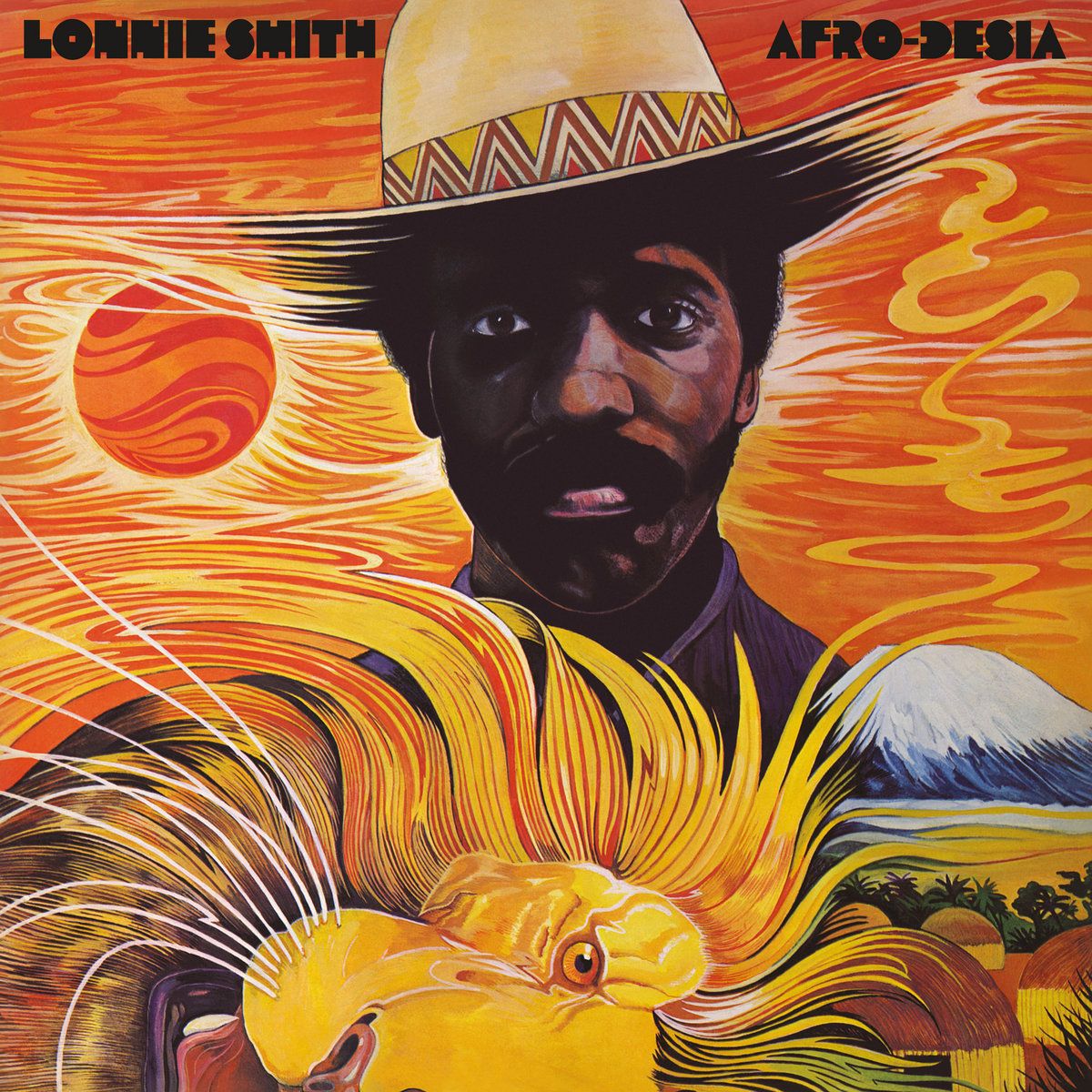Follow Us
Browse
Services
Disques La Rama
77 Rue Bernard O.
Montréal, QC
H2T 2J9 Canada
+1 514 769 2966
ALL RIGHTS RESERVED © CG
Open today: 12:00 - 18:00
1 / 0

Artists
Labels
Catno
GM-3308 MRBLP297
Formats
1x Vinyl LP Album Reissue Remastered
Country
Release date
Mar 29, 2024
Genres
Afro-Desia by Lonnie Smith on Groove Merchant / Mr Bongo.
The second in our Mr Bongo series opening the vault on classic recordings from the fabled Groove Merchant Records catalogue. This time the spotlight turns to the Hammond B3 organ maestro Lonnie Smith, as we proudly present a reissue of his cosmic jazz-funk journey, ‘Afro-Desia’.
Originally released in 1975, this much-loved album was produced by Groove Merchant label owner Sonny Lester and features the mysterious 'Compliments Of A Friend' on guitar. Considering Smith was part of George Benson’s quartet in the ‘60s, that not so discreet veil appears to have been lifted on who this ‘friend’ might be. However, presumably due to contractual reasons, Benson had to remain covert for this recording. The lineup doesn’t stop there though, with the likes of legendary bassist Ron Carter and Grammy award winning saxophonist Joe Lovano joining the outfit.
*Taxes excluded, shipping price excluded
MRBLP297 - UK - 2024
A1
Afrodesia
9:18
A2
Spirits Free
15:00
B1
Straight To The Point
6:54
B2
Favors
10:00
B3
The Awakening
8:00
Disques La Rama
77 Rue Bernard O.
Montréal, QC
H2T 2J9 Canada
+1 514 769 2966
ALL RIGHTS RESERVED © CG